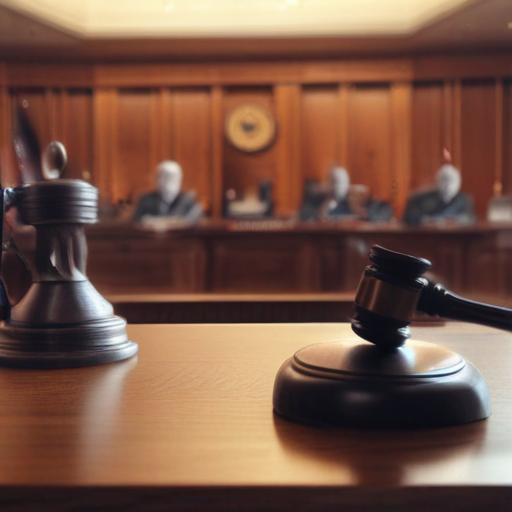U.S. Senator Mark R. Warner, Vice Chairman of the Senate Select Committee on Intelligence, voiced his concerns following the U.S. Supreme Court’s hearing on the potential divestiture of TikTok from its parent company, ByteDance, based in China. Warner, a long-time critic of ByteDance’s ownership of the popular social media platform, has emphasized the national security risks associated with the app, which has over 1 billion users globally, including 150 million in the United States.
The Senator pointed out that Chinese laws require companies to prioritize loyalty to the Communist Party of China, thus raising concerns about the potential access the CCP has to sensitive user data. In response to these national security threats, Congress approved the Protecting Americans from Foreign Adversary Controlled Applications Act, which garnered bipartisan support. This legislation mandates ByteDance to divest from TikTok by the approaching deadline of January 19. However, ByteDance has so far resisted compliance.
During his comments, Senator Warner noted the significant bipartisan support for addressing the ownership issue, stating that “80 percent of Congress agrees that this is a national security concern.” He clarified that the law does not necessarily mean TikTok will be forced offline, but aims to make a change in ownership to a non-Chinese entity—whether American, British, French, or Brazilian.
Reflecting on the roots of the issue, Warner acknowledged that former President Trump had initially brought this matter into the public discourse, although he suggested that previous views surrounding it may have shifted. With the Supreme Court’s ruling pending, Warner expressed optimism that a favorable decision would facilitate a sale, allowing users to continue enjoying the platform while simultaneously alleviating the significant national security concerns raised.
In summary, the potential restructuring of TikTok’s ownership under U.S. government mandates highlights a crucial intersection of technology, privacy, and national security—a reminder of the need for vigilance in the digital age. As discussions continue, there remains hope for both user satisfaction and regulatory compliance, promoting a safer digital environment for all.
